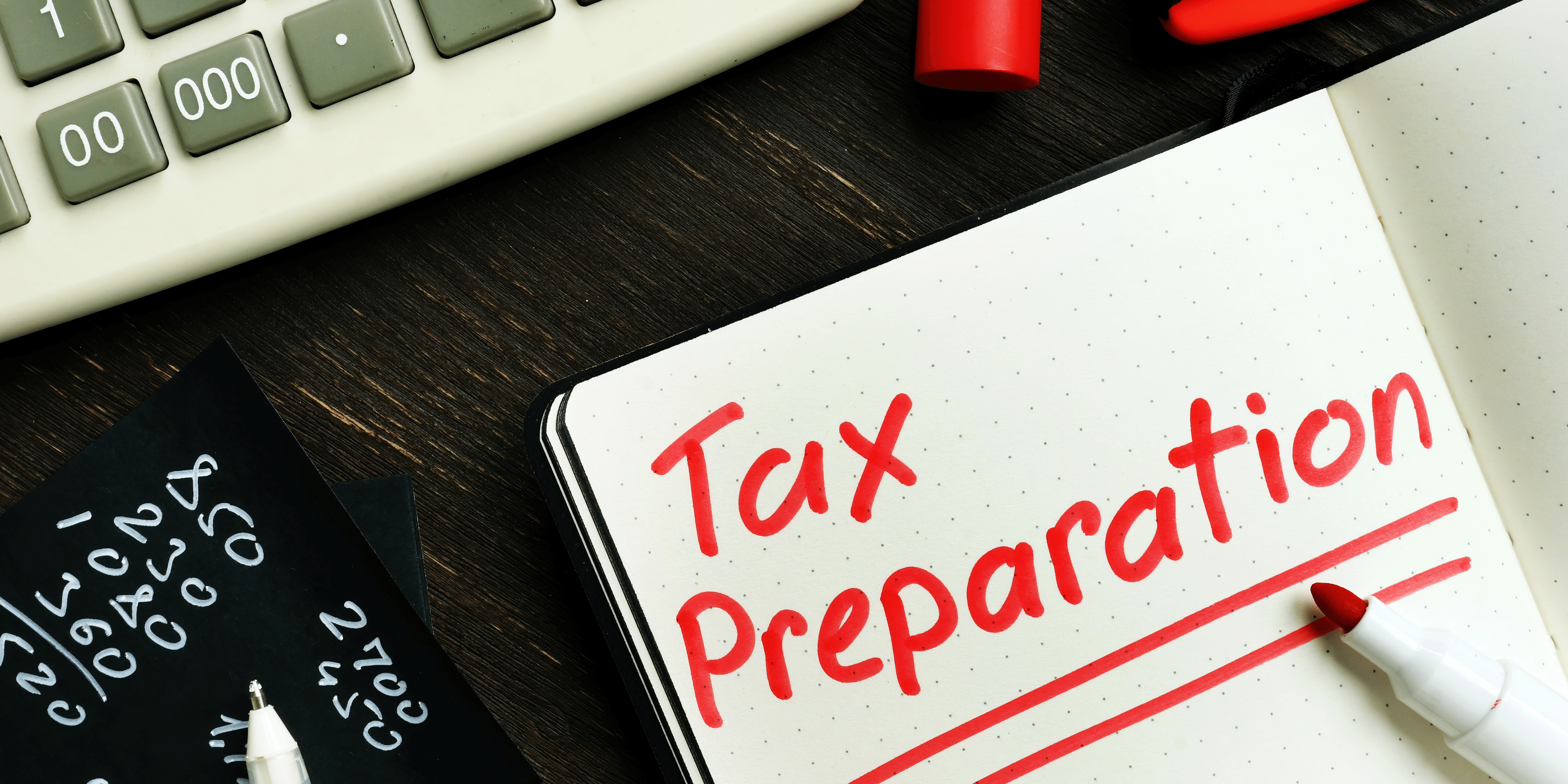Are you a U.S. taxpayer who is filing taxes for the first time? If so, you may be wondering where to start. Filing your taxes can seem daunting, but with these five tips, you’ll be on your way to tax season success!

Top 5 Tips For Paying Your Taxes In The USA
There are a few important things that taxpayers in the USA should know. While everyone’s taxes will be a little different depending on their status, here are 5 that apply to almost everyone:
1) Get organized
One of the most important things you can do when it comes to filing your taxes is to get organized. This means having all of your tax documents in one place so that you can easily find them when it’s time to file.
Organizing your tax documents may seem like a daunting task, but there are a few simple ways to do it. One way is to create a tax folder where you can keep all of your tax documents in one place. Another way is to use a tax software program, which can help you keep track of your tax information and make filing your taxes easier.
Advertisement
2) Know the tax filing deadline
The tax filing deadline in the USA is April 15th. This means that you need to have your taxes filed by this date in order to avoid any penalties or interest charges.
If you’re not able to file your taxes by the April 15th deadline, you can file for an extension. However, even if you file for an extension, you will still need to pay any taxes that are owed by the April 15th deadline.
If you’re not sure when the tax filing deadline is in your state, you can check with your local tax office or visit the IRS website.
3) Determine your filing status
Your tax filing status will determine how your taxes are calculated. There are five tax filing statuses in the USA: single, married filing jointly, married filing separately, head of household, and qualifying widow(er) with dependent child.
Your tax preparer can help you determine which tax filing status is right for you. However, you can also use the IRS’s tax filing status tool to help you determine your tax filing status.
If you’re not sure what your tax filing status is, it’s important to find out before you file your taxes. This is because your tax filing status can affect the amount of taxes that you owe.
4) Understand tax deductions and tax credits
There are two types of tax breaks that can help you lower your tax bill: tax deductions and tax credits.
Tax deductions reduce the amount of income that is taxable, while tax credits directly reduce the amount of taxes that you owe. Some common examples of tax deductions include charitable donations, mortgage interest, and medical expenses.
Some common tax credits include the child tax credit, the earned income tax credit, and the American opportunity tax credit.
Advertisement
5) Choose the right tax preparer
When it comes to choosing a tax preparer, you want to make sure that you choose someone who is qualified and who you feel comfortable with.
You can find a tax preparer by asking for recommendations from friends or family, searching online, or contacting your local tax office. Once you’ve found a tax preparer, be sure to ask about their qualifications and experience. You should also make sure that you understand the tax preparer’s fee structure before you agree to use their services.
By following these five tips, you can ensure that you’re prepared for tax season and that you have a smooth tax filing experience.
Conclusion
Filing your taxes doesn’t have to be a stressful experience. By following these five tips, you can make tax season a breeze. If you have any questions about your taxes, be sure to speak with a tax professional for guidance. The more aware you are about the requirements, the more comfortable you can feel heading into tax season!
References
1) “5 Hidden Ways to Boost Your Tax Refund” TurboxTax (2022): https://turbotax.intuit.com/tax-tips/tax-refund/5-hidden-ways-to-boost-your-tax-refund/L0AZGnJuS
2) “What are tax deductions, credits and benefits?” LegalLine (2022): https://www.legalline.ca/legal-answers/what-are-tax-credits-and-benefits/
3) “15 Tax Deductions and Benefits for the Self-Employed” Investopedia (2022): https://www.investopedia.com/articles/tax/09/self-employed-tax-deductions.asp
